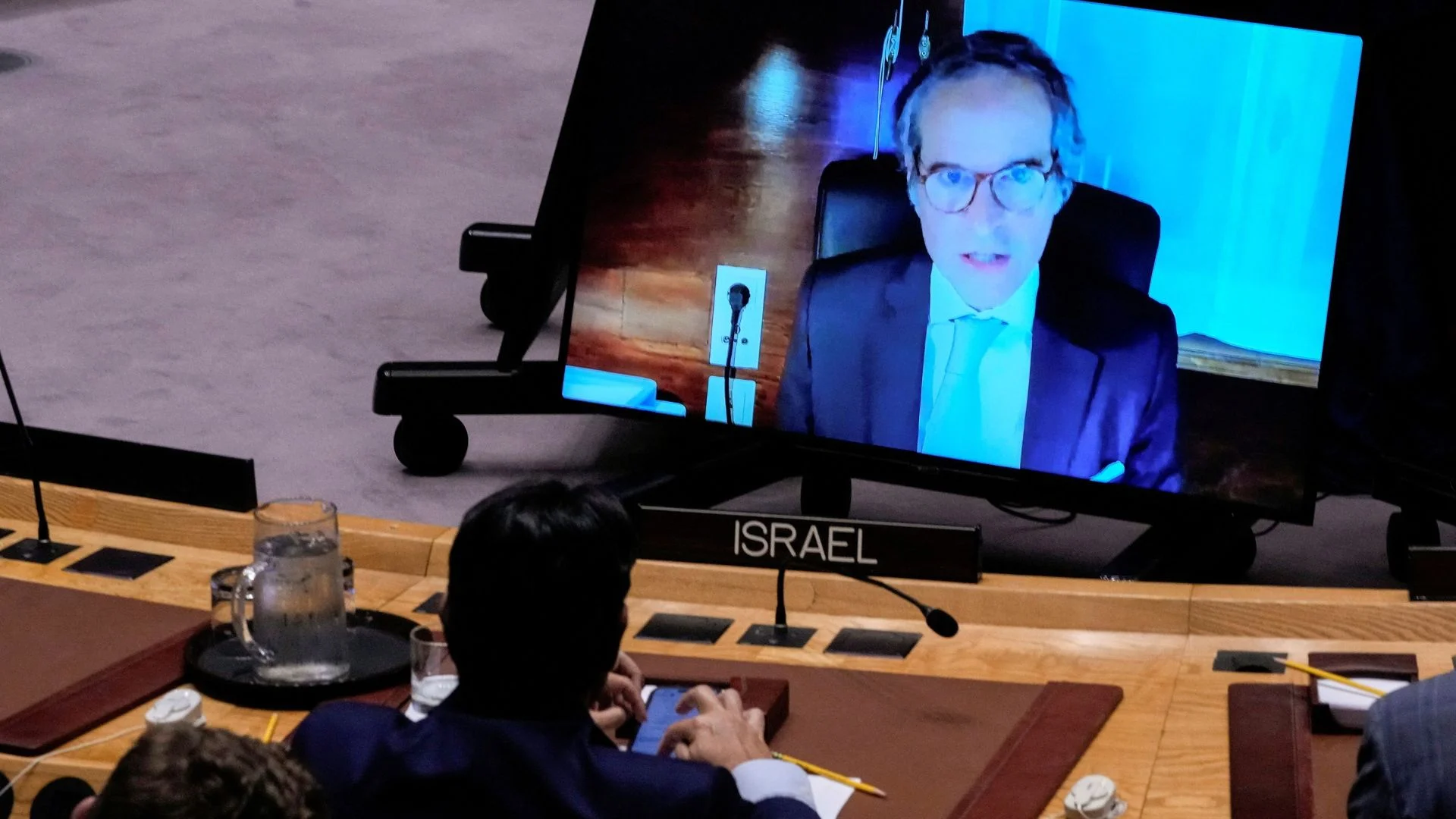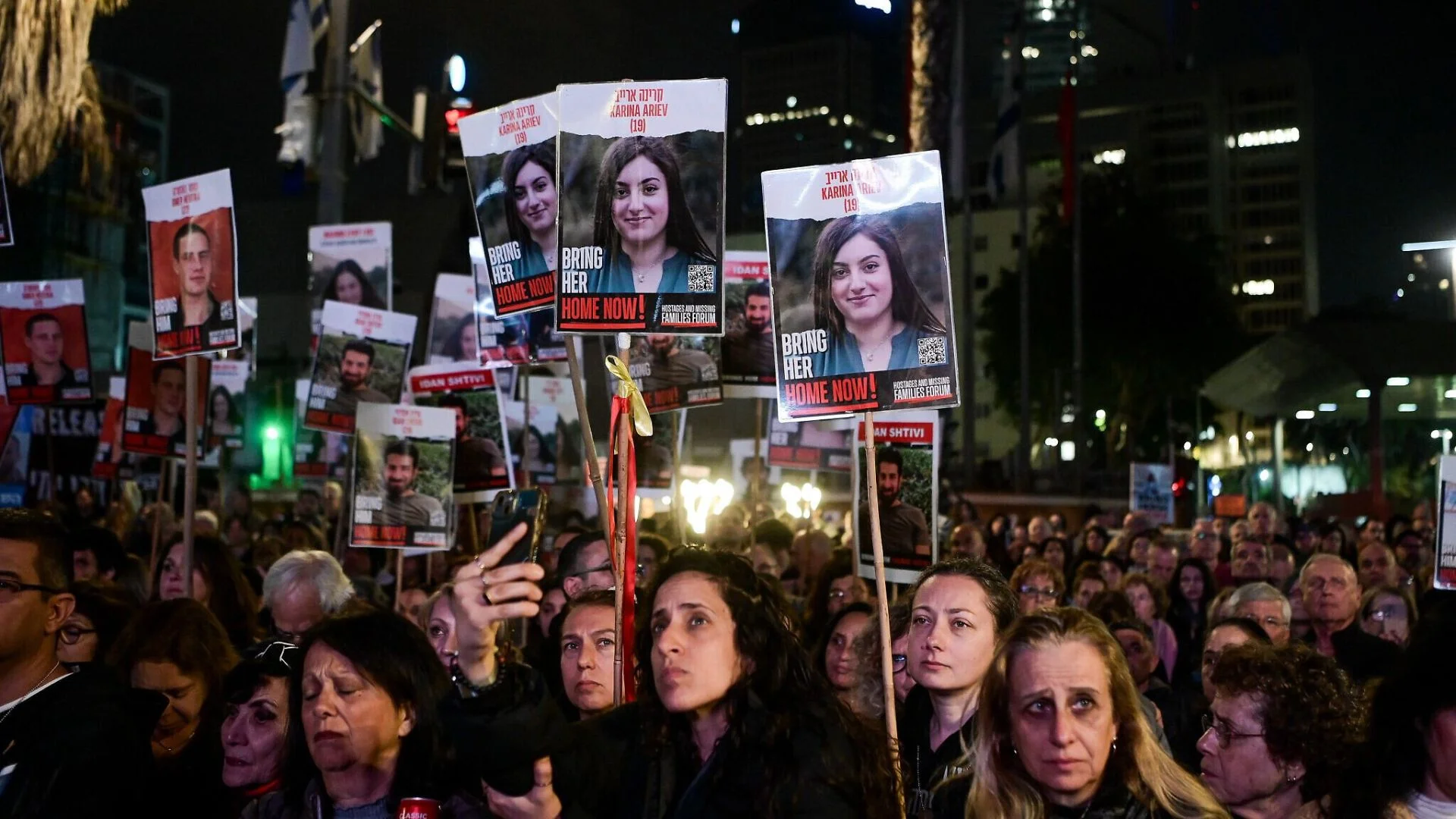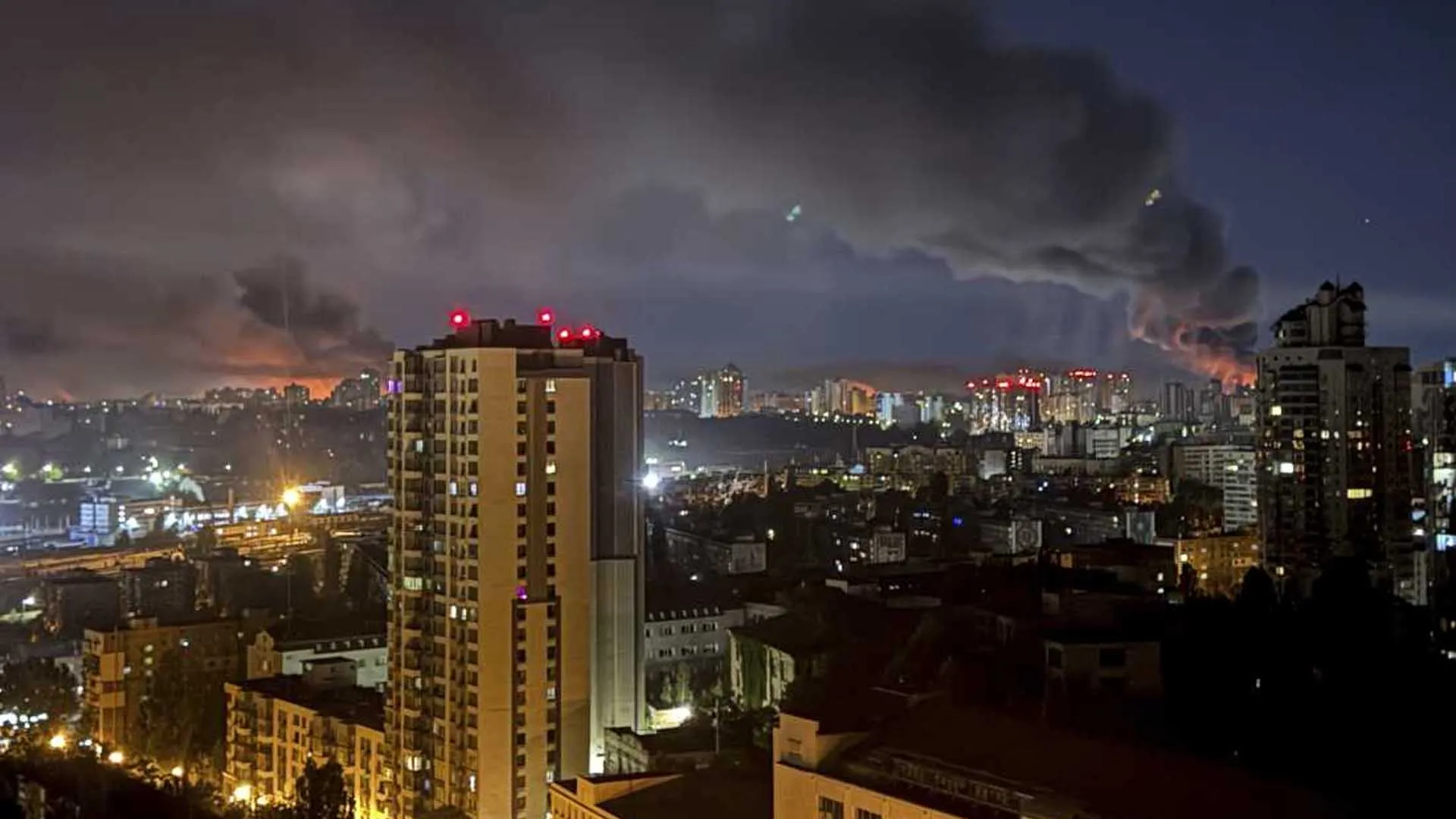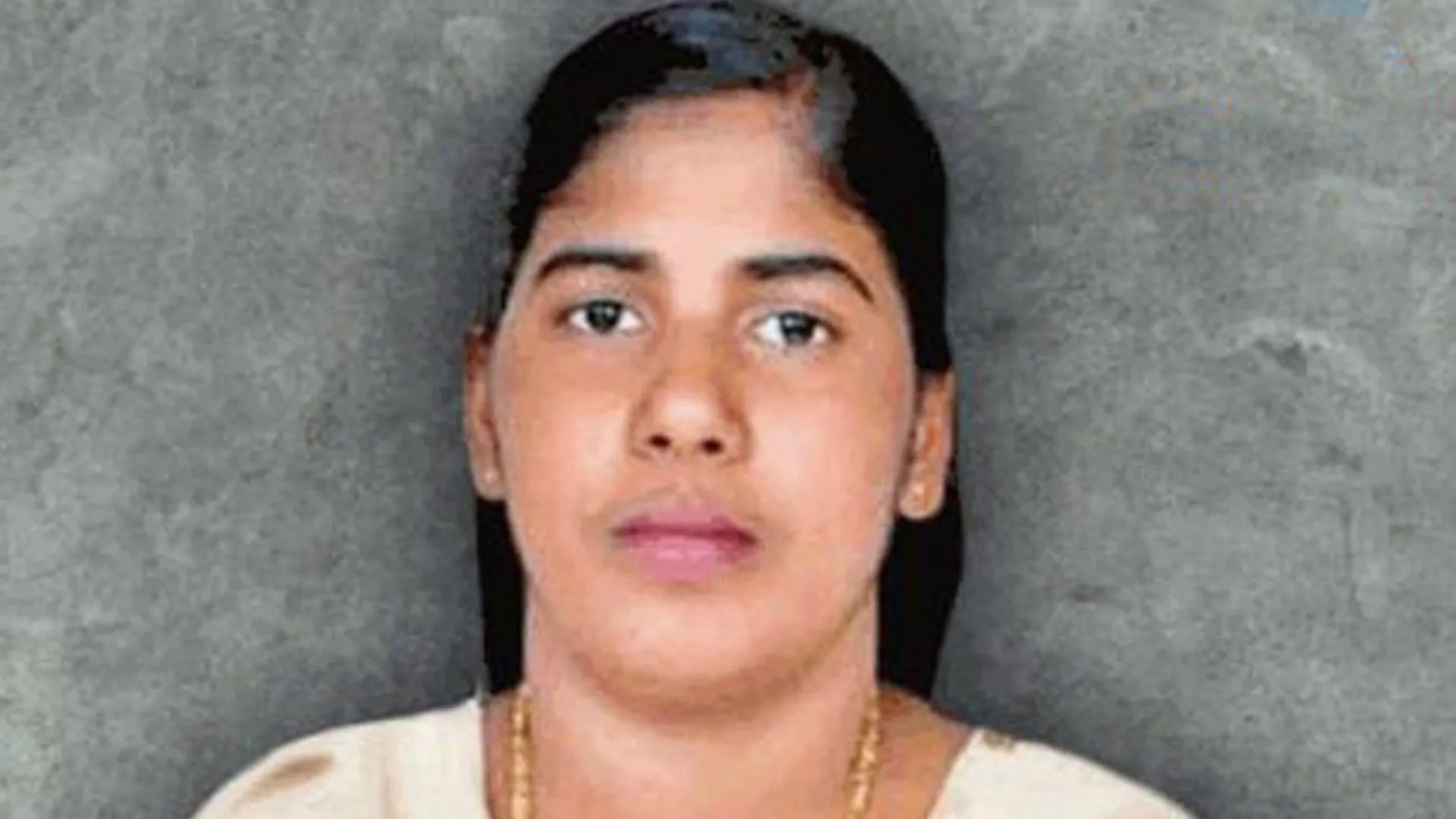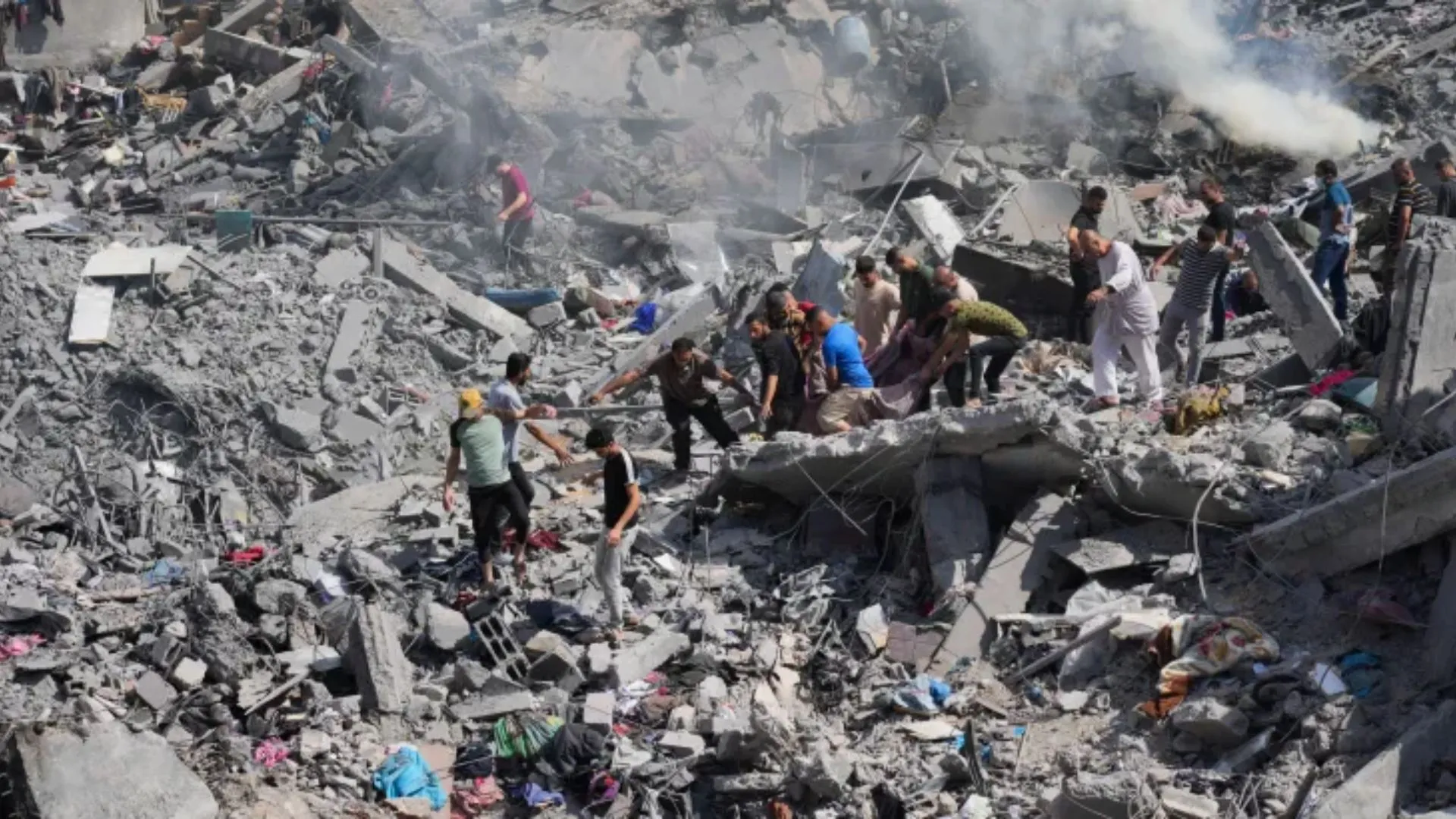United Nations International Atomic Energy Agency (IAEA) Director General Rafael Grossi made a grim warning to the UN Security Council on Friday, warning that an Israeli strike on Iran’s Bushehr nuclear power plant could result in a major regional catastrophe.
Addressing an extraordinary meeting on the continuing Iran-Israel conflict its eighth consecutive day Grossi reported that a direct attack on the Russian-built nuclear plant, located on the Gulf coast of Iran, would risk a huge release of radioactive material with serious consequences far beyond Iranian borders.
“This would lead to a very high level of radioactivity release,” Grossi stressed, calling on all sides to practice “maximum restraint.” He repeated that nuclear facilities must never be attacked by the military under any circumstances.
Grossi outlined possible ramifications of such an attack, including a core meltdown if the two electrical power lines to the plant were cut. Such an event would require mass emergency actions such as iodine distribution, food supply limitations, and long-distance radiation monitoring, which could impact Gulf states within several hundred kilometers.
He also pointed out that Bushehr contains thousands of kilograms of nuclear material and is thus an extremely sensitive and risky target. In the case of an attack, officials would have to order large-scale evacuations.
Again emphasizing his appeal for diplomacy, Grossi volunteered to help negotiate a solution and pointed out that the IAEA’s integrated inspection regime can confirm that Iran is not seeking nuclear weapons.
In the meantime, Iranian news website Rouydad24 said air defense systems in Bushehr were deployed on Friday during reports of a purported Israeli attack, but no information on the target or extent of damage was immediately confirmed.
The appeal by Grossi comes as tensions are running high with Israeli airstrikes and Iranian retaliatory attacks still escalating in the region.

